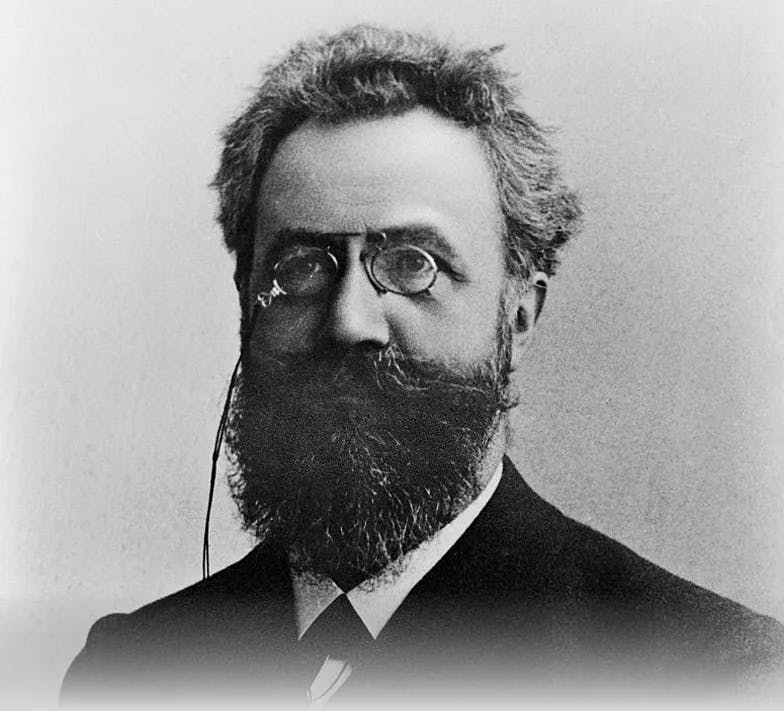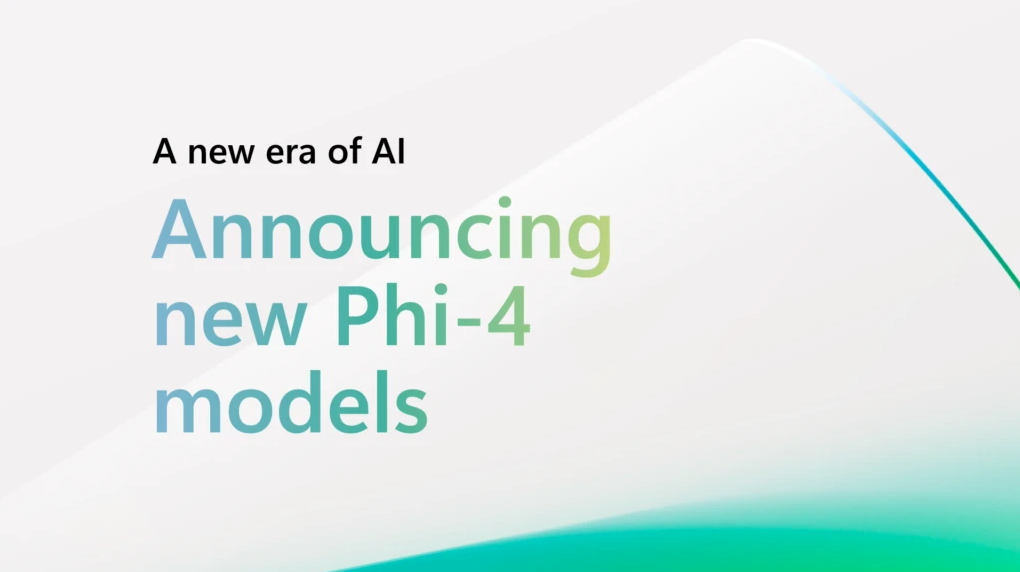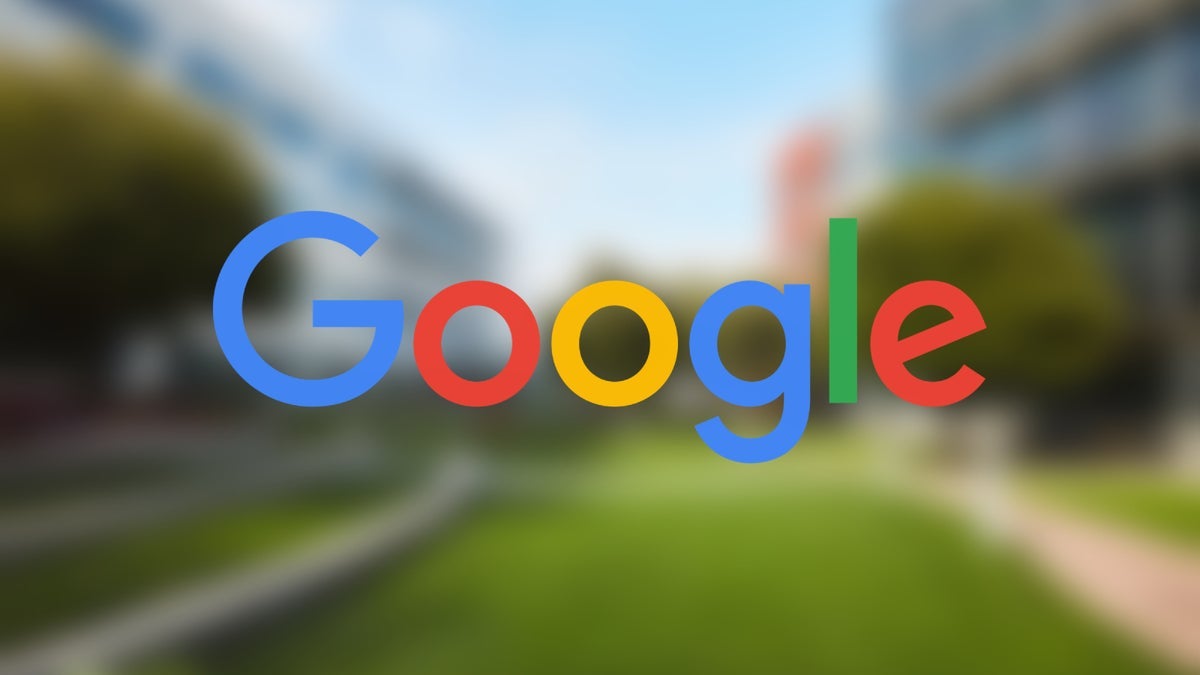Reading has always been a source of enjoyment and frustration for me. Recently AI lit an even larger “What For” sign over it (Spoiler: there’s a good answer)
To Read: An Arrogant Fool’s Pursuit?
I have always been an avid reader. My parents had a floor-to-ceiling library (which they read). My elementary school and hometown libraries were real places we went to. In my 20s I shifted from thrillers and sci-fi to the classics, modernists and later to non-fiction. I used to read at a pace of about a book per month.
In a clever 2017 survey, Emily Temple analyzed reading trends in the US and broke down the results into three categories: the average reader (about 12 books a year), the voracious reader (50 books a year) and the super reader (80 books a year). She was interested in how many books a person will read in a lifetime–but as I will soon argue–I think she was asking the wrong question.
My “Emily Temple” reader-group allocation changed when solitary sports activities started consuming longer hours in my 30s. I discovered Audible and later Delphin and sped up to around 2 to 4 books per week (depending on run/swim mileage).
A quick calculation puts me somewhere between 1,000 to 2,000 books to date and in the reputable club of Bill Gates (50/year), Barack Obama (30-50/year) and Mark Zuckerberg (30/year), while Buffett, Munger and Roosevelt (hundreds of books per year) smile at us from the Olympus.
But here comes the question: What the heck for?
My often honest answer? Little traceable value. If you asked about most of them, I probably recall the key concept, if that. The detailed arguments, supporting evidence, even important points—most faded away.
This is a troubling realization. If so much of what we read evaporates from memory, is reading worth the effort?
Is it different from passing time entertaining on Instagram and Netflix, only with an aura of high-brow activity? Taken a step further – if once reading built a “map of the world” to better navigate life, does the new all-knowing AI make it as obsolete as navigation using a map in the age of GPS?
A Negligible Human Activity Turned Craze
In terms of human history, reading is a last-minute thing. Until around 1800, only 1 in 10 people worldwide could read (better numbers in Europe) becoming 9 out of 10 today (with most growth occurring in the 20th century).
Although recent years have seen a decline in the time spent reading for pleasure (from 23 minutes to 16 minutes), a growing number of people that do not read at all skew these numbers. Those who do, keep at it—for over an hour a day. Today, more books are being printed than ever before. This is one field where innovation is in slow adoption. Though in existence for decades, e-books and audiobooks take a small portion of the market, each about 10%. Their use case and benefits are not at the order of magnitude required for a “revolution”.
As for content, from the introduction of Gutenberg’s movable press and later improvements, new book categories emerged from the original religious, scholarly and bureaucratic works. Romance, thrillers, sci-fi, fantasy, children and of course non-fiction. This last category–which interests us most in the context of this article–occupies a varying portion of the market in different cultures. Non-fiction accounts for almost 50% of book sales in the US, compared to as little as 6% in the UK (10% globally).
From Strategic Forgetting to Trained Models
So many people, books, knowledge, reading and so much forgetting. Are we all mistaking entertainment for education?
Yes and no.
The truth about the theories, anecdotes and facts we consume is that they mostly fade from memory. Looking at Hermann Ebbinghaus’ Forgetting Curve we can see that most of what we encounter (and consume) fades away. The good news is that it is not a bug. It is a feature. Forgetting improves our cognitive efficiency (freeing “CPU”), maintains our emotional health (with the assistance of active forgetting during sleep), keeps our minds agile, enables creativity and most importantly for our discussion – fosters prioritization and generalization.
Psychologists distinguish between explicit memory (facts we can recall) and implicit memory (knowledge that shapes our thinking without direct recall). Reading, even when forgotten, alters our cognitive structures. It builds mental models, strengthens associative thinking and expands our perspectives.
If this sounds familiar from a recent article you read about AI, it might not be a coincidence. There are similarities between a “trained AI model” and a “well-read human” (leaving “intelligence” aside as I think it has little to do with either). The more information you feed both – the better they become at generalizing about the world. But the similarities should not be over stretched. A trained AI model “remembers” more details as a byproduct of being trained on real text while the human brain does not. It only retains the “trainness”.
AI Reading Overtaking Humans? Not So Fast.
Hold on.
If AI’s reading is improving its generalization abilities (implicit memory), similar to humans and simultaneously emerging its know-it-all capabilities (explicit memory), where does it leave us? The trash-heap of evolution?
Probably not.
Because AI’s reading byproducts (generalizing, logic, facts) are not accompanied by motivation, curiosity, initiative, necessity and invention. AI might have answers, but it does not know what to ask.
Even with details completely forgotten, or maybe because of it, a well-read person will be in an interesting position when coming to work with an AI. Humans possessing innate drives and a trained worldview, will more effectively harness an all-knowing logic machine. A trained human gets better results using Google Maps because what counts is not the ability to read a map, use a compass, count steps and remember road numbers. What counts is having a will to go, knowing what you look for and being able to recognize a good location.
Not On The Same Book
There is one more thing we ignored until now.
AIs do not read the same books humans do. The reason is most books are proprietary. AIs are not allowed to read them for training (copyright for personal and not commercial use). Let’s assume for a minute this is the case. We have a new paradox. Humans train their mental models on books and then forget the details, while AIs train on public data, building a model that retains different details. How can a human with a model and motivation consult a tool on specifics it does not know?
That is a question that remains to be answered…












